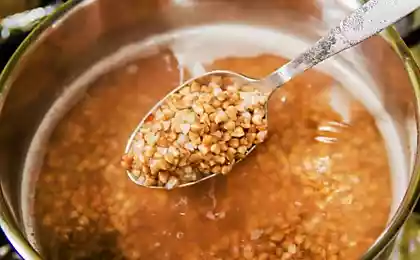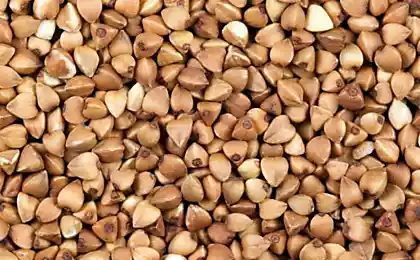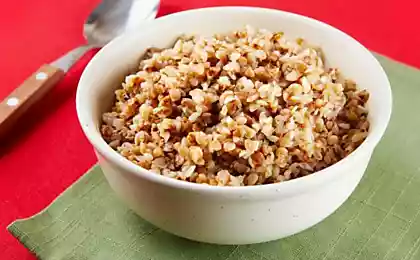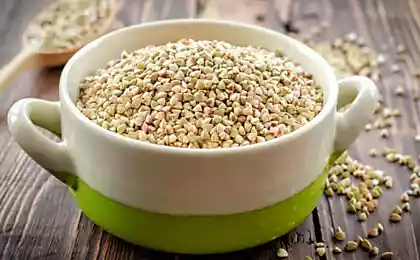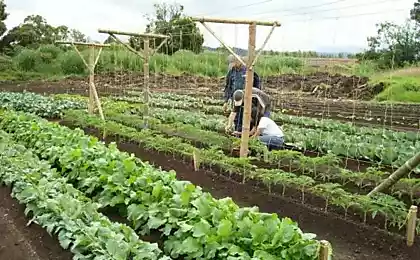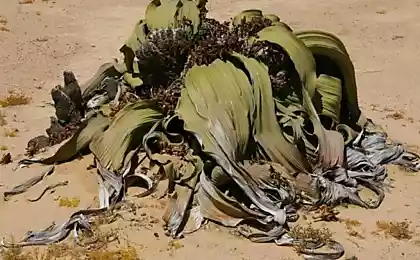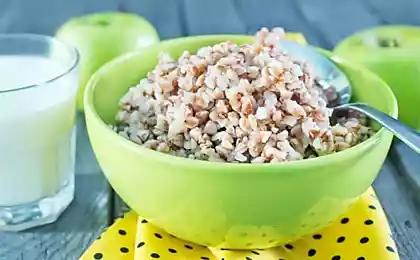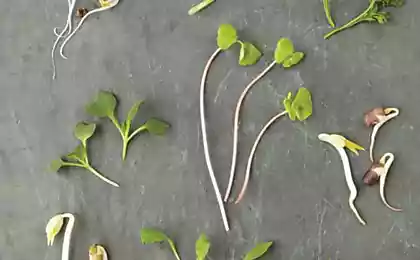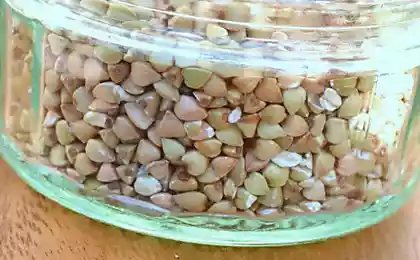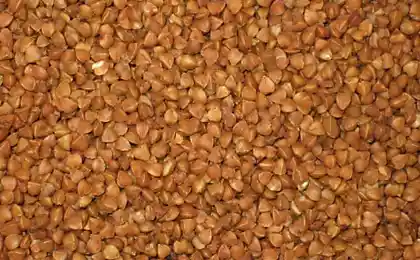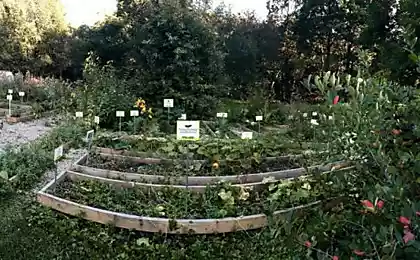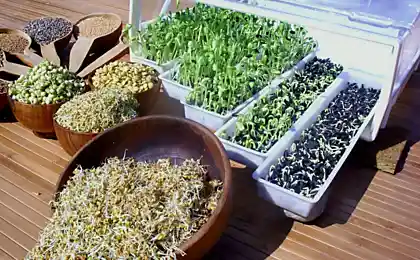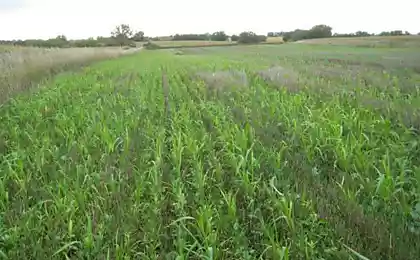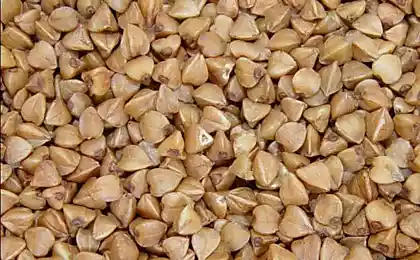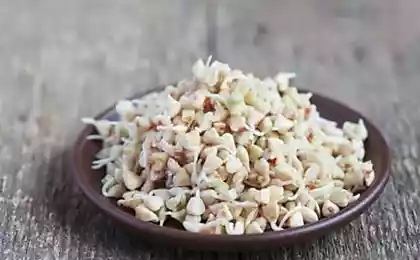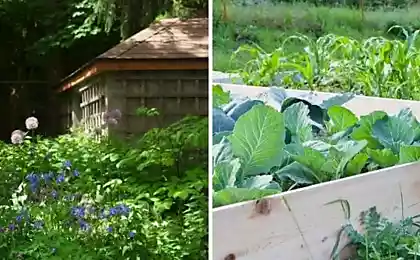175
Why literate gardeners sow at least a little buckwheat on their beds
If you think that this is an article with the message that buckwheat will soon be in short supply, then you are seriously mistaken! Buckwheat sowing is used by experienced gardeners to increase yields in dachas. Today I will tell you why to plant buckwheat in your garden and what it will give your plants.
Probably, even those who are used to eating only vegetables and fruits grown in their own garden, did not think about planting buckwheat. There's usually no need for that. However, this plant has several pleasant bonuses that will please your summer cottage.
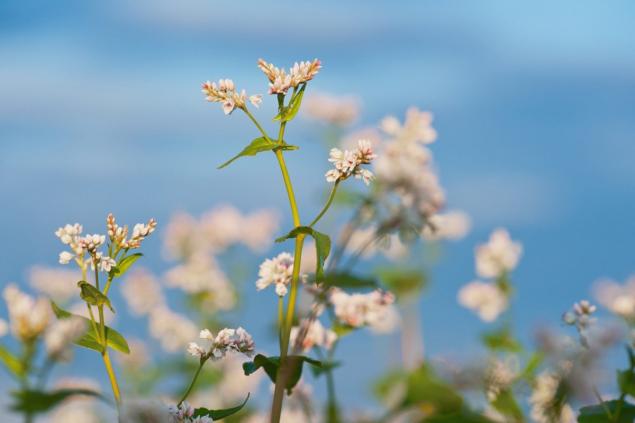
So, how can a buckwheat sowing improve your garden? First, it literally saves other cultures. It has a special root system, which is great at confusing pests. For example, buckwheat flowers, located in the environment of potato bushes, significantly increase the yield of the latter. And all thanks to thin roots and unusual buckwheat seeds.
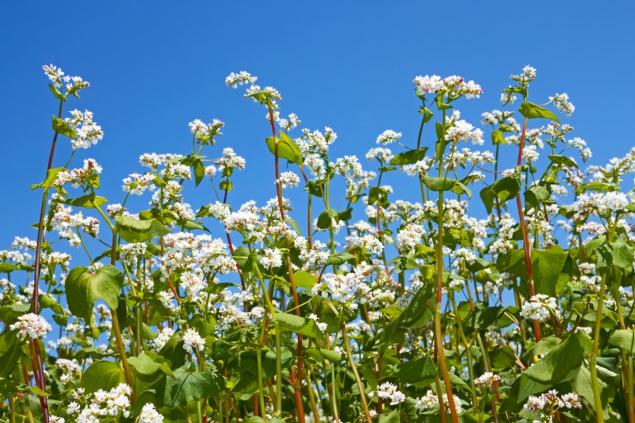
Pulling such a plant out of the ground is very simple. Due to the structure of the rhizome and high growth rate, buckwheat miraculously fights weeds of different species. The roots of the plant produce very specific compounds. They serve as natural herbicides. Almost all weeds can't stand this.
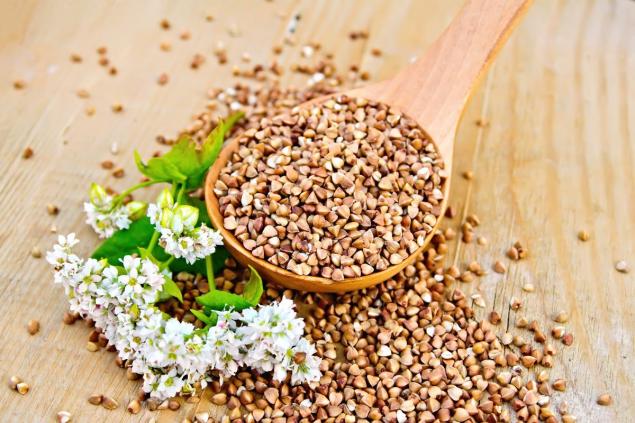
All summer residents know how important phosphorus, potassium and calcium are for good yields. Usually the first in the soil is quite a lot, but it is not in the form that is well absorbed by most plants. And here comes the buckwheat plantations to help. It is not for nothing called a phosphorus pump.. What exactly does buckwheat do? It absorbs phosphorus unsuitable for other cultures and releases it in the form that they can already absorb.
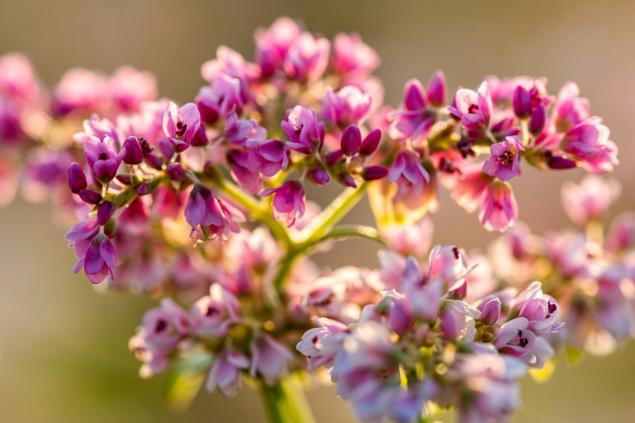
By the way, buckwheat can be planted almost any time after the last frosts of spring. This plant, after harvesting, will be an incredibly useful addition to the compost heap. However, in addition to the above reasons, there are several important points, because of which it is worth planting buckwheat at least on an area equal to a large table plate.
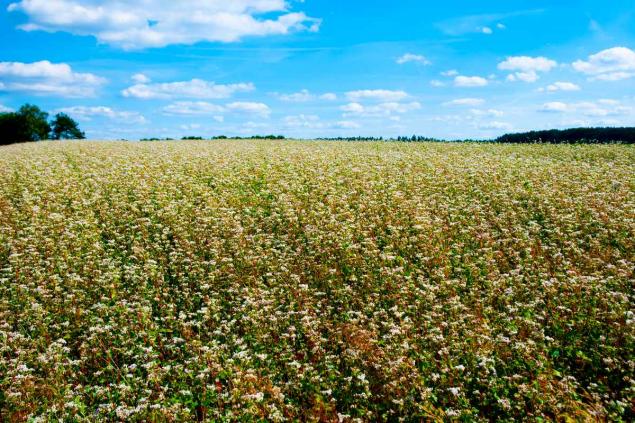
Buckwheat blooms attract bees and also have a positive effect on some species of small insects. So, for example, thanks to planting buckwheat flies thrive. They, in turn, are the best hunters.
A small area on which buckwheat is planted will be an excellent background for many plants. Strawberries, for example, just love buckwheat. The beauty is that buckwheat grows very quickly. Within a month, a handful of seeds will grow flowering stems. The ideal time to plant is the end of spring and the beginning of summer. Such buckwheat grows high, and does not give weeds the opportunity to feed on the sun and useful substances from the soil.
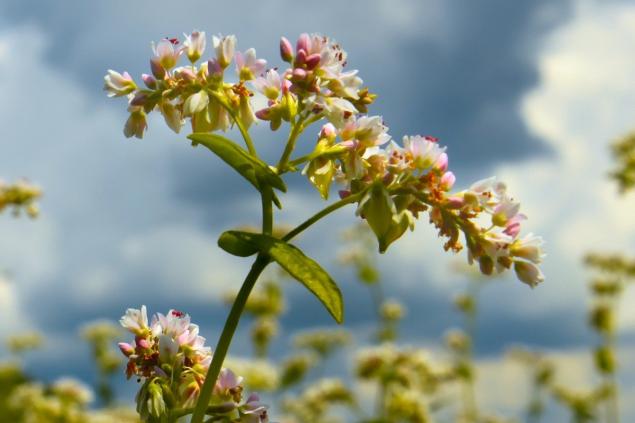
Usually you need about a kilogram of seeds per 100 square meters of the garden. Experts advise giving the seeds a little to lie in a solution of boric acid before using them for planting. That'll be enough. The rows of buckwheat should be approximately 12 cm apart. In 7 days you will notice the first sprouts.
Vital wisdom and advice of the editorial office of Grechikh, by the way, is also a medicinal plant. It has a huge amount of useful acids, phosphorus, calcium and iron. It also has a routine that positively affects the vascular system. It successfully lowers blood pressure, slows the rhythm of the heart and even relieves swelling.
Do you grow buckwheat in your garden? We will welcome any life hacks and advice if you already have experience growing buckwheat and using it for medicinal purposes.
Probably, even those who are used to eating only vegetables and fruits grown in their own garden, did not think about planting buckwheat. There's usually no need for that. However, this plant has several pleasant bonuses that will please your summer cottage.

So, how can a buckwheat sowing improve your garden? First, it literally saves other cultures. It has a special root system, which is great at confusing pests. For example, buckwheat flowers, located in the environment of potato bushes, significantly increase the yield of the latter. And all thanks to thin roots and unusual buckwheat seeds.

Pulling such a plant out of the ground is very simple. Due to the structure of the rhizome and high growth rate, buckwheat miraculously fights weeds of different species. The roots of the plant produce very specific compounds. They serve as natural herbicides. Almost all weeds can't stand this.

All summer residents know how important phosphorus, potassium and calcium are for good yields. Usually the first in the soil is quite a lot, but it is not in the form that is well absorbed by most plants. And here comes the buckwheat plantations to help. It is not for nothing called a phosphorus pump.. What exactly does buckwheat do? It absorbs phosphorus unsuitable for other cultures and releases it in the form that they can already absorb.

By the way, buckwheat can be planted almost any time after the last frosts of spring. This plant, after harvesting, will be an incredibly useful addition to the compost heap. However, in addition to the above reasons, there are several important points, because of which it is worth planting buckwheat at least on an area equal to a large table plate.

Buckwheat blooms attract bees and also have a positive effect on some species of small insects. So, for example, thanks to planting buckwheat flies thrive. They, in turn, are the best hunters.
A small area on which buckwheat is planted will be an excellent background for many plants. Strawberries, for example, just love buckwheat. The beauty is that buckwheat grows very quickly. Within a month, a handful of seeds will grow flowering stems. The ideal time to plant is the end of spring and the beginning of summer. Such buckwheat grows high, and does not give weeds the opportunity to feed on the sun and useful substances from the soil.

Usually you need about a kilogram of seeds per 100 square meters of the garden. Experts advise giving the seeds a little to lie in a solution of boric acid before using them for planting. That'll be enough. The rows of buckwheat should be approximately 12 cm apart. In 7 days you will notice the first sprouts.
Vital wisdom and advice of the editorial office of Grechikh, by the way, is also a medicinal plant. It has a huge amount of useful acids, phosphorus, calcium and iron. It also has a routine that positively affects the vascular system. It successfully lowers blood pressure, slows the rhythm of the heart and even relieves swelling.
Do you grow buckwheat in your garden? We will welcome any life hacks and advice if you already have experience growing buckwheat and using it for medicinal purposes.
What to do with tulips after lush flowering, prepare bulbs for next spring
In what proportions burnt coffee lovers mix Arabica and Robusta

